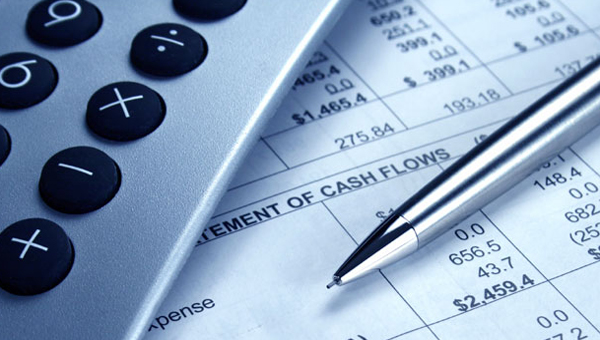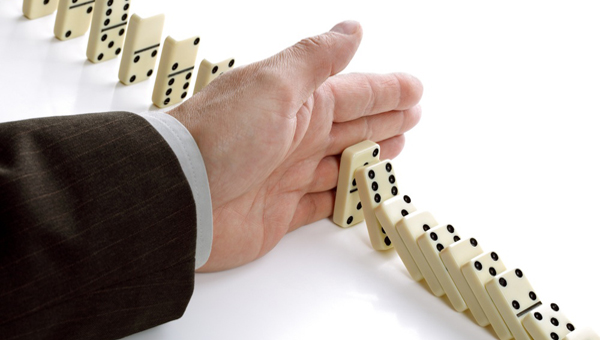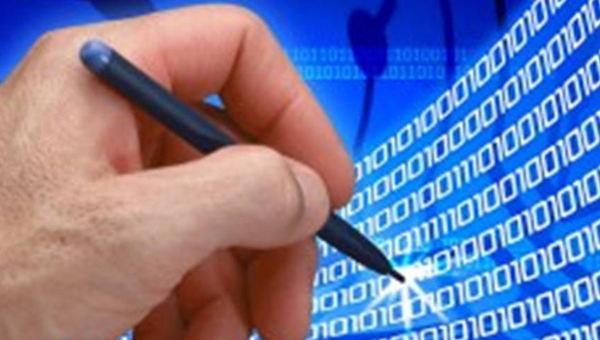|
4. Conditions for allowing CENVAT credit.-
(1) The CENVAT credit in respect of inputs may be taken immediately on receipt of the inputs in the factory of the manufacturer or in the premises of the provider of output service: Provided that in respect of final products, namely, articles of jewellery falling under heading 7113 of the First Schedule to the Excise Tariff Act, the CENVAT credit of duty paid on inputs may be taken immediately on receipt of such inputs in the registered premises of the person who get such final products manufactured on his behalf, on job work basis, subject to the condition that the inputs are used in the manufacture of such final product by the job worker.
(2) (a) The CENVAT credit in respect of capital goods received in a factory or in the premises of the provider of output service at any point of time in a given financial year shall be taken only for an amount not exceeding fifty per cent. of the duty paid on such capital goods in the same financial year:
Provided that the CENVAT credit in respect of capital goods shall be allowed for the whole amount of the duty paid on such capital goods in the same financial year if such capital goods are cleared as such in the same financial year.
Provided further that the CENVAT credit of the additional duty leviable under sub-section (5) of section 3 of the Customs Tariff Act, as amended by clause 72 of the Finance Bill, 2005, the clause which has, by virtue of the declaration made in the said Finance Bill under the Provisional Collection of Taxes Act, 1931, the force of law, in respect of capital goods shall be allowed immediately on receipt of the capital goods in the factory of a manufacturer.
(b) The balance of CENVAT credit may be taken in any financial year subsequent to the financial year in which the capital goods were received in the factory of the manufacturer, or in the premises of the provider of output service, if the capital goods, other than components, spares and accessories, refractories and refractory materials, moulds and dies and goods falling under heading No. 68.02 and sub-heading No. 6801.10 of the First Schedule to the Excise Tariff Act, are in the possession of the manufacturer of final products, or provider of output service in such subsequent years.
Illustration.- A manufacturer received machinery on the 16th day of April, 2002 in his factory. CENVAT of two lakh rupees is paid on this machinery. The manufacturer can take credit upto a maximum of one lakh rupees in the financial year 2002-2003, and the balance in subsequent years.
(3) The CENVAT credit in respect of the capital goods shall be allowed to a manufacturer, provider of output service even if the capital goods are acquired by him on lease, hire purchase or loan agreement, from a financing company.
(4) The CENVAT credit in respect of capital goods shall not be allowed in respect of that part of the value of capital goods which represents the amount of duty on such capital goods, which the manufacturer or provider of output service claims as depreciation under section 32 of the Incometax Act, 1961( 43 of 1961).
(5) (a) The CENVAT credit shall be allowed even if any inputs or capital goods as such or after being partially processed are sent to a job worker for further processing, testing, repair, reconditioning or any other purpose, and it is established from the records, challans or memos or any other document produced by the manufacturer or provider of output service taking the CENVAT credit that the goods are received back in the factory within one hundred and eighty days of their being sent to a job worker and if the inputs or the capital goods are not received back within one hundred eighty days, the manufacturer or provider of output service shall pay an amount equivalent to the CENVAT credit attributable to the inputs or capital goods by debiting the CENVAT credit or otherwise, but the manufacturer or provider of output service can take the CENVAT credit again when the inputs or capital goods are received back in his factory or in the premises of the provider of output service
(b) The CENVAT credit shall also be allowed in respect of jigs, fixtures, moulds and dies sent by a manufacturer of final products to a job worker for the production of goods on his behalf and according to his specifications.
(6) The Commissioner of Central Excise having jurisdiction over the factory of the manufacturer of the final products who has sent the input or partially processed inputs outside his factory to a jobworker may, by an order, which shall be valid for a financial year, in respect of removal of such input or partially processed input, and subject to such conditions as he may impose in the interest of revenue including the manner in which duty, if leviable, is to be paid, allow final products to be cleared from the premises of the job-worker.
(7) The CENVAT credit in respect of input service shall be allowed, on or after the day which payment is made of the value of input service and the service tax paid or payable as is indicated in invoice, bill or, as the case may be, challan referred to in rule 9
|












